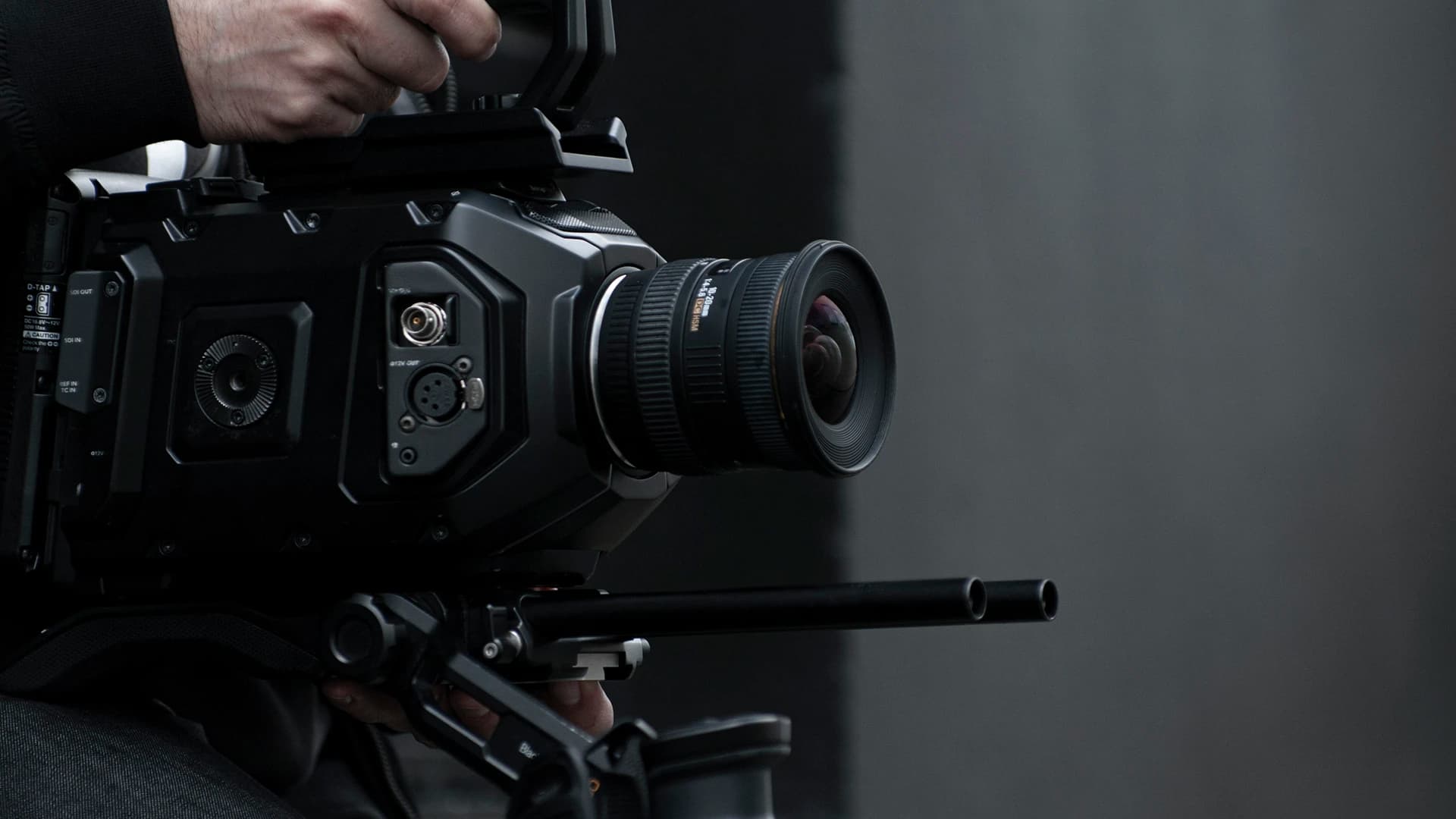The Role of Lawful Videography in Depositions and Tests
Lawful videography has actually become an important device in both depositions and trials, giving a diverse method to recording witness testaments. By recording not just the talked word but additionally the subtleties of non-verbal interaction, this tool enhances the trustworthiness of statements and protects vital evidence for future proceedings (legal videography). As lawyers increasingly recognize its value, it triggers a much deeper assessment of how these aesthetic records can influence juror understandings and trial end results. What ramifications might these developments hold for the future of legal technique?

Importance of Lawful Videography
Legal videography plays a pivotal duty in the paperwork and presentation of depositions and trials. This customized field integrates technological skills with legal knowledge to produce a reputable document of proceedings that can dramatically affect case results. The visual facet of lawful videography enhances the understanding of witness testimony, allowing jurors and judges to observe not only the spoken words yet likewise the disposition, feelings, and body language of the witnesses.
On top of that, lawful videography supplies an objective account of events, lessening the capacity for misinterpretation that can occur with created records alone. This aesthetic documents acts as an important tool throughout test discussions, promoting a clearer and more influential narrative for both complainants and defendants. Additionally, the capability to replay video sections throughout court procedures makes it possible for lawful teams to emphasize vital points, strengthening their disagreements successfully.
The value of lawful videography expands past the courtroom; it additionally plays an important role in preserving proof for future reference, whether for allures or further lawful action. Its combination right into the lawful procedure is important for making certain a fair and accurate depiction of the facts, ultimately contributing to the search of justice.

Process of Legal Videography
While recording the nuances of depositions and trials, the procedure of lawful videography involves several essential steps that guarantee high-quality, exact recordings. A specialist legal videographer prepares by evaluating the situation materials and understanding the specific requirements of the deposition or trial. This prep work includes acquainting themselves with the individuals and the context, which aids in recording significant details.
On the day of the recording, the videographer sets up the essential devices, which typically includes high-definition electronic cameras, microphones, and appropriate lights. Making sure ideal angles and sound high quality is critical, as it directly influences the performance of the recording. The videographer communicates with lawyers and individuals to develop procedures, guaranteeing that every person comprehends the recording procedure.
Throughout the deposition or trial, the videographer diligently tapes the procedures, paying attention to both spoken and non-verbal hints. This consists of catching the temperament and reactions of witnesses and attorneys. After the session wraps up, the videographer might edit the footage for clarity and conformity with lawful standards, generating a last product that properly mirrors the process for future referral and use in legal contexts.
Benefits in Depositions
The unification of videography in depositions uses countless benefits that improve the total procedure of gathering proof. One primary advantage is the ability to capture witness statements with visual and acoustic fidelity, offering an extra accurate depiction of the witness's disposition, tone, and body language. This multidimensional approach permits attorneys and juries to analyze reputation extra successfully than typical written records alone.
In addition, videographed depositions act as a powerful tool for protecting testimony. Needs to a witness become inaccessible for test, their tape-recorded deposition can be played in court, ensuring that their you can try here evidence stays available and pertinent. This facet dramatically minimizes the risk of losing vital info that might influence case end results.

Lastly, videography improves the overall professionalism and trust of the deposition process, instilling confidence in customers pertaining to the thoroughness of their lawful depiction (legal videography). By leveraging innovation, lawyers can significantly improve the performance of depositions
Effect On Trials
In lots of tests, the integration of videography can significantly influence the discussion of proof and the court's perception. Legal videography captures witness statements and important evidence in a dynamic style, allowing jurors to engage with the material on numerous degrees. This visual component boosts the storytelling facet of a test, offering context and psychological vibration that conventional text-based evidence may lack.
In addition, video clip recordings can offer as effective tools for impeachment during interrogation. When discrepancies emerge in between a witness's previous statements and their court room testimony, video proof supplies an unbiased reference that can guide jurors' viewpoints. This immediacy and clarity can reinforce the reputation of a celebration's story while concurrently undermining opposing debates.

Future Trends in Legal Videography
As we look towards the future of lawful videography, numerous emerging fads assure to reshape its function within the courtroom. One substantial fad is the combination of man-made intelligence (AI) in video clip analysis and editing and enhancing. AI can simplify the process of recognizing vital moments in taped depositions, enabling lawyers to swiftly access appropriate content, consequently improving effectiveness in case preparation.
Additionally, the increase of online fact (VR) and increased truth (AR) modern technologies is anticipated to transform how jurors experience evidence. legal videography. By submersing jurors in a substitute environment, these technologies can provide a more extensive understanding of intricate circumstances, leading to more educated considerations
Additionally, the increasing demand for remote depositions, sped up by the COVID-19 pandemic, will likely continue. Legal videographers will require to adjust to brand-new software application and reference systems to make certain top notch recordings in digital setups.
Finally, the expanding emphasis on information safety and security will demand stricter methods for storing and sharing video evidence. As the legal landscape progresses, lawful videographers have to stay abreast of these patterns to preserve their importance and effectiveness in the judicial procedure.
Conclusion
In recap, legal videography offers an essential function in the judicial process, boosting the honesty of depositions and tests. As innovation proceeds to advance, lawful videography is positioned to more change its function within the lawful landscape.